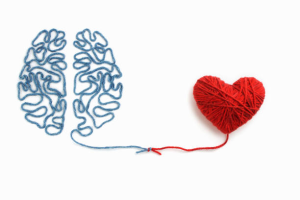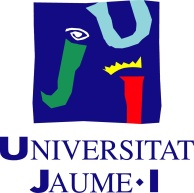This field offers a chance to continue investigating, sharing, analysing and discussing the current status of inclusive education. The aim is to build a common working reference on key factors that define the multi-dimensional concept of inclusive education. However, in addition to providing theoretical insight, our main objective is to assemble and describe the inclusive practices that are being developed in schools in the province of Castellón, our more immediate context. The goal is to disseminate a number of pedagogical practices that are currently being used, with the idea that teachers, families and people who support them and use them have a chance to show that transformation towards inclusion is not only necessary, but possible.
This field also focuses on research of the strategies that have favoured academic and social inclusion of vulnerable people by investigating their life plans and the key supports that have enhanced their lives.
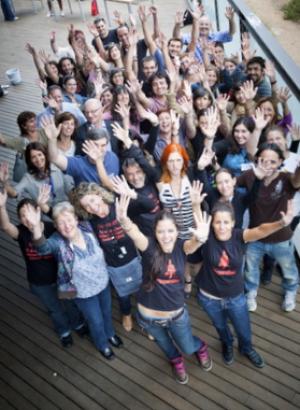
The construction of today's democratic school can only be carried out on the basis of intercultural and inclusive approaches. The processes of school transformation towards inclusive and intercultural approaches must necessarily be supported by processes of social participation and involvement of the educational community. This line of research aims to provide greater knowledge about democratic processes of social and community participation in the construction of the inclusive intercultural school.
But, at the same time, it aims to go deeper into the factors and strategies that make possible the inclusion of the school in its own territory. From this second premise, both the status that the school occupies with respect to teaching and learning and its territorial location are affected. It is necessary to question the relations it maintains with other educational and social agents, with the knowledge and experiences that pass through the streets of its village, neighbourhood or city. It is essential, as Kaplún (2003) states, to reterritorialise the school institution, to place the school in a strong connection with its "place". We thus enter a fruitful space of dialogue of knowledge in which to create and recreate, collectively, the possibilities that allow us to share and co-construct it critically. It is no longer so much a question of knowing "about", but of knowing "with". As Freire pointed out in his "Pedagogy of the Oppressed", people do not educate themselves alone, but with each other and mediated by the world. When we talk about the construction of the intercultural and inclusive school through democratic processes of social and community participation, we understand that the school institution must be a flexible and dynamic space in its collective project; a school that feels part of the spaces and times that are considered essential in its territory. The school's project is thus linked to that of its own world.
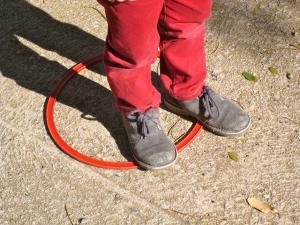
This field of research raises the challenge of multiculturalism in an educational context. Cultural diversity is considered a key element in analysing the current, globalised Information Society. Lines of work in this field include:
- The analysis of multicultural society and its educational implications.
- Action-Research on academic and educational practices in the face of cultural diversity.
- Processes of educational improvement from an intercultural approach.
- Development of strategies, resources and teaching materials for multicultural contexts.
- Preventing social exclusion attitudes (racism, sexism and classism).Managing cultural diversity in socio-educational contexts.
- Training for critical and intercultural citizenship: recognition of plural identities and promoting democratic participation

We understand both research and teacher professional development from assumptions of inclusion, participation, empowerment, intercultural dialogue and democratic practices, therefore research projects, innovation and support to schools, are developed as participatory research processes, from a critical paradigm and social transformation.
Our concerts about research is focused on our position as a research team; the reflection on the different strategies for mobilising research knowledge among participants in the study and the enquiry into the ethical repercussions. We develop this research approach throughtout:
(a) Participatory action research: energising community action and reflection processes to address educational problems in their own context, based on local knowledge and Participatory Social Diagnosis strategies.
b) Ethnography: from a holistic view of educational contexts, an understanding of all the socio-cultural elements that interact is encouraged, in order to generate agency for change in the participants and transform their environments and practices.
c) Biographical-narrative methodology: based on the life trajectories of the participants and in relation to the contexts and situations that can lead to exclusion or favour inclusion.
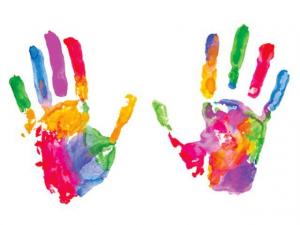
Education or Education in the Field of Communication is understood to be a field of interdisciplinary research and learning that incorporates communication synergies between the personal, the social and the media-related formats. The scope of study and performance in this field is very broad as it refers to the multifaceted and mutable reality of the forms of human communication. The investigations are integrated in all cases needed to boost knowledge, skills and attitudes in communication, to develop the personal independence of individuals as well as their social and cultural commitment in a digital context.
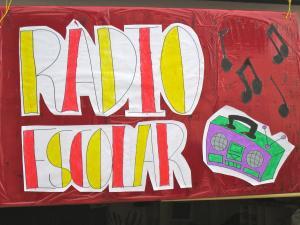
We understand emotional education within the framework of an inclusive school. Specifically, we assume that full inclusion cannot be separated from the acceptance of others and of oneself as we are. In this sense, approaching emotional processes connects us with an inclusion that, in its broadest sense, also includes inter and intrapersonal relationships. In this case, the line of research that we carry out has to do with this way of understanding inclusion and is carried out in the initial training of future teachers. For this purpose, we use narrative pedagogy as a vehicle to develop this work with future teachers.
